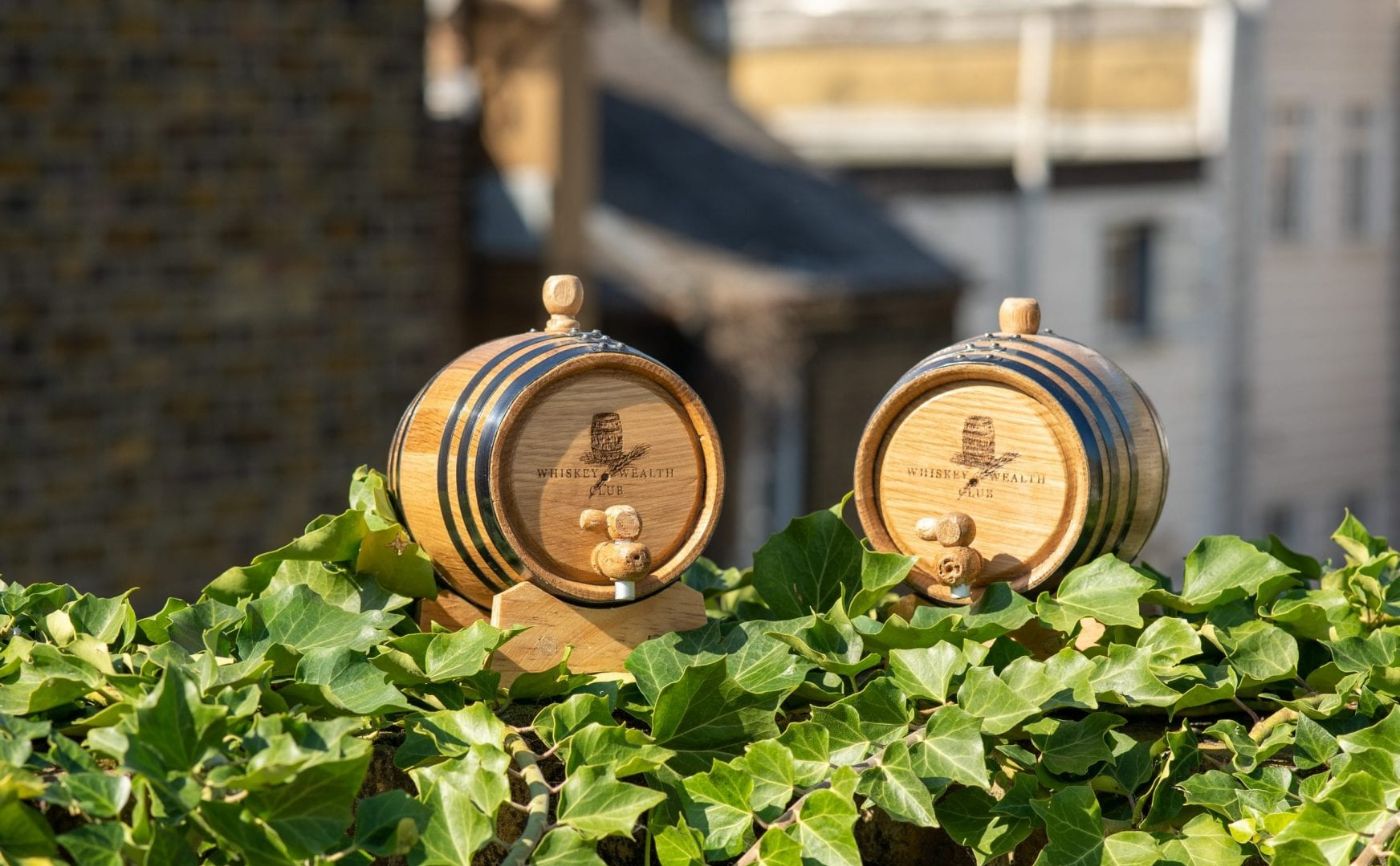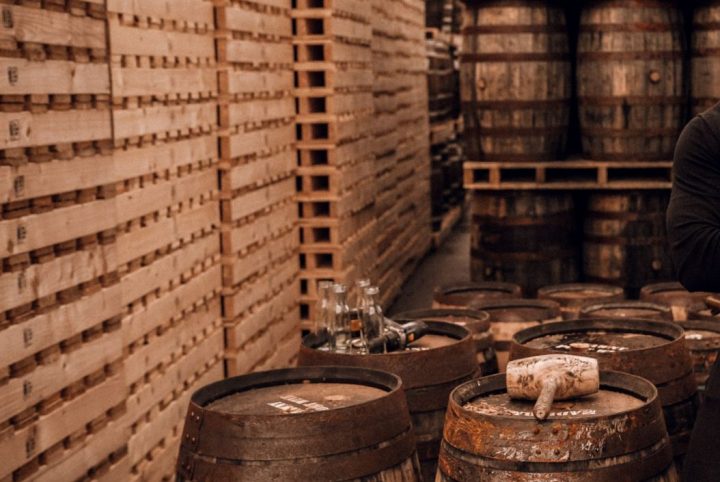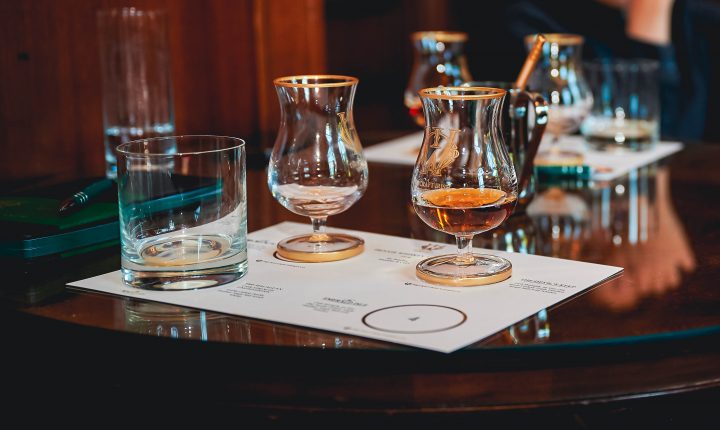
Why investors are turning their heads back to Irish whiskey
Whiskey & Wealth Club co-founder Jay Bradley shares the history of Irish whiskey.
Join Jay as he explores the Irish whiskey market, and asks why investors are turning their heads back to Irish whiskey as an increasingly popular alternative investment.
The Irish whiskey industry is on the up. The number of distilleries has increased from just 4 in 2010 to 38 in 2020, sales reached 11.4 million cases in 2020, and the spirit has been gaining global recognition – an Irish whiskey was named world’s best single malt at the World Whiskies Awards 2019
This comeback has been long awaited. The 20th century was a turbulent time for Irish whiskey producers. At the turn of the century, they produced the most popular spirit in the world, but by the 1940s, they had lost most of their global market share. Production was a fraction of what it had been, and the industry was devastated.
But the distillers never lost their dedication to their craft, and the rest of the world is rediscovering their love for this exceptional spirit. Like the phoenix, the Irish whiskey industry is rising from the ashes and beginning to spread its wings on a global scale once again.
The history of Irish whiskey
At the beginning of the 20th century, Irish whiskey sailed into what turned out to be a perfect storm of disasters and shocks that would bring the industry crashing down to its knees.
Back in 1914, Ireland was under British rule and the First World War broke out on the continent. To help the war effort, barley – which is crucial to making Irish whiskey – was re-directed from distilleries to the western front to feed soldiers and support the war effort. At the same time, German U-boats patrolled the waters around the British isles and made exports all but impossible.
Back on land, rebel forces seized a number of large Dublin distileries during the Easter Rising and forced these institutions to shutter. When World War I ended, production and exports resumed, but the Irish War of Independence took its toll on the industry in 1919.
On the eve on the 1920s, the US enacted Prohibition and effectively shut off one of the largest markets for Irish whiskey. The British saw an opportunity to make headway in the global market and offered the new Irish Free State a final parting gift: a ban on exports of Irish whiskey to the Commonwealth. This eliminated what little of the global market Irish whiskey still held, and brought Scotch whisky to the worldwide prominence it still enjoys today.
After all this turmoil, only four distillers survived in Ireland (John Jameson, John Powers, Cork Distillers and Bushmills). Hundreds of others had gone bankrupt.
Those remaining four Irish distilleries stayed local and no longer had their sights on reclaiming their onetime global market share. Three of the four distilleries merged into Irish Distillers (IDL) and held total control of every single drop of whiskey produced across all of Ireland. By the late 1980s, production had increased to two million cases a year.
Building its way back up
The Irish whiskey industry slowly began to build its way back up when Pernod Ricard bought IDL in 1988. The new owners were eager to expand and invested in on the ground, employing salespeople who helped boost the Irish whiskey market by double digits annually.
And the industry is now primed to continue its growth to help reclaim much of its lost market share. Demand is rising among consumers, with drinkers increasingly choosing whiskey as their spirit of choice.
The future of Irish whiskey
So what of the future of Irish whiskey? Well, over 4.9 million cases of Irish whiskey were sold in the US alone in 2020.
And 11.4 million cases were sold around the world – 140 percent more than in 2010.
Irish whiskey has returned to the luxury market, with some incredible bottles sweeping prestigious awards, and my own Whiskey & Wealth Club have made it possible for aficionados to get involved in the industry by purchasing their own casks of premium Irish whiskey.
I’ve always thought of Irish whiskey as liquid gold – and it’s great to see consumers and potential clients around the world turn their heads back towards it.

